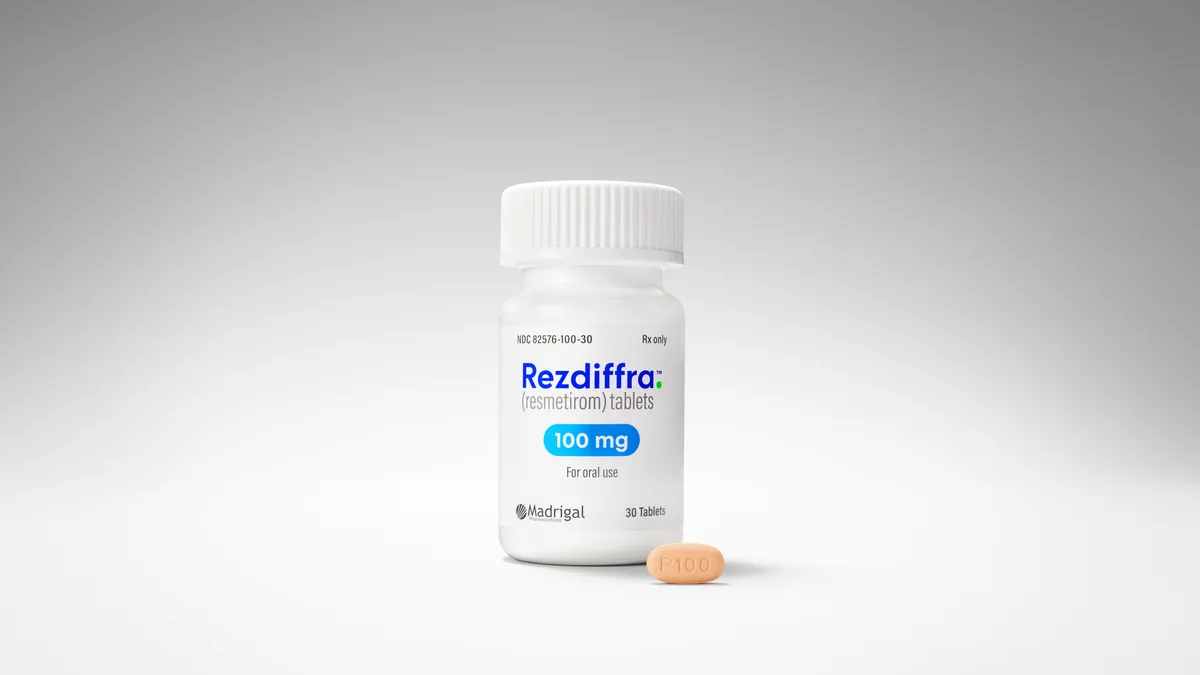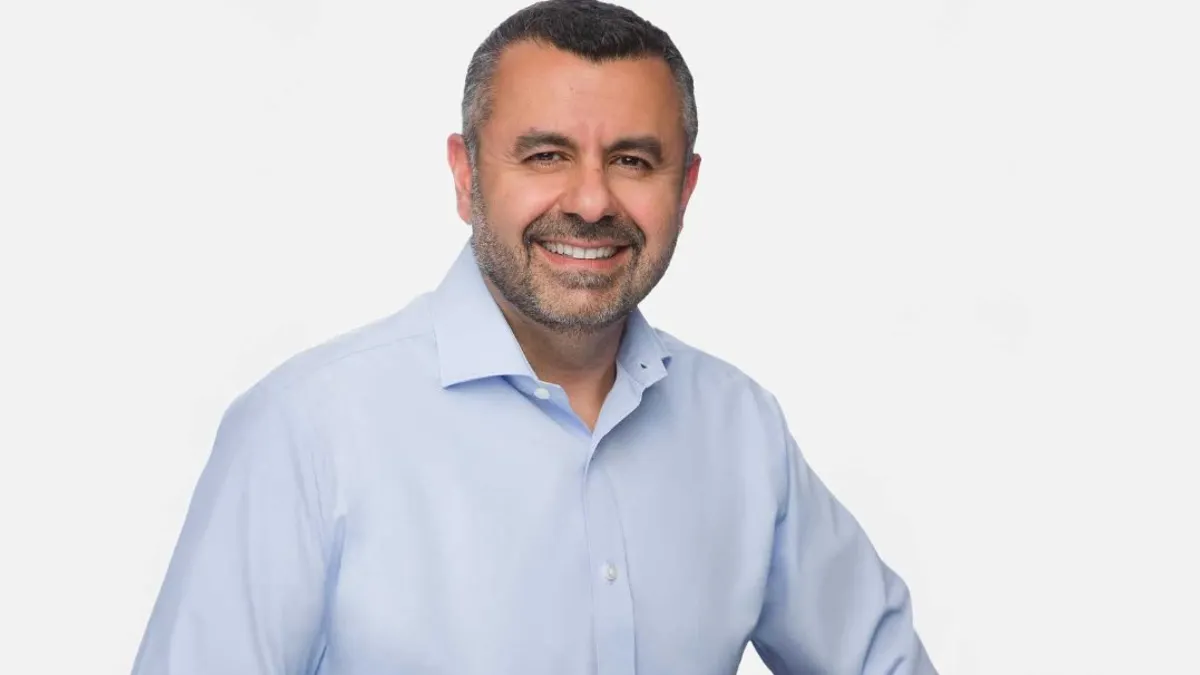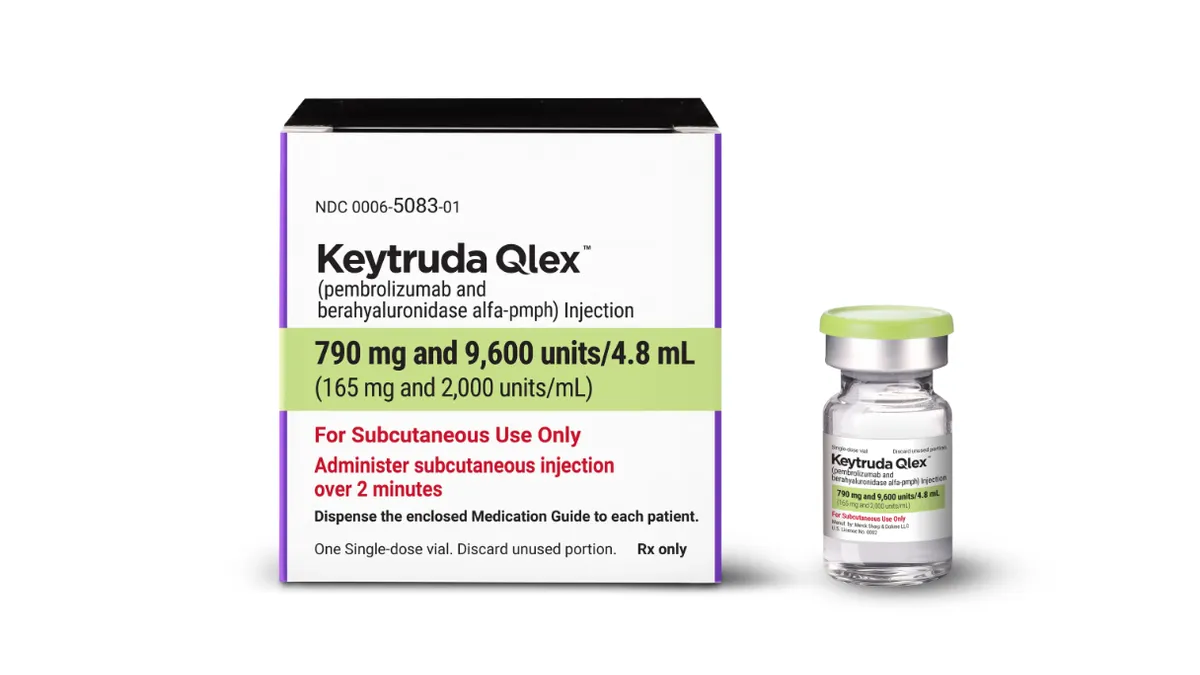For decades, scientists have searched for a magic pill to help people shed excess pounds. Yet, along the way, weight loss medications have also been marred by challenges.
Abuse-prone amphetamine or amphetamine-like appetite suppressants were often used in the ‘50s and ‘60s. Then, the early ‘90s gave rise to the “Fen-Phen” — a two-drug combination (fenfluramine–phentermine) that helped people slim down but was also linked to heart valve damage and pulmonary hypertension. By 1996, doctors had written millions of prescriptions for the drug and subsequent lawsuits related to its side effects led to more than $18 million in legal settlements.
Now, a new crop of meds in a category called glucagon-like peptide-1 (GLP-1) agonists is dominating the weight loss scene.
“The obesity market has had several false starts going back a couple of decades, with drugs that have safety concerns and limited efficacy,” said Daniel Chancellor, director of Thought Leadership and Consulting at Citeline. “It is finally set to realize its potential with the remarkable weight loss that high-dose GLP-1 agonists have produced in clinical trials.”
There are 13 anti-obesity drugs on the market worldwide and some 174 more in the pipeline, according to Citeline’s Pharmaprojects. Overall, the global market for weight loss drugs is projected to grow dramatically from a $2.82 billion industry figure in 2022 to more than $13 billion in 2029.
While this newer class of drugs have been shown to be highly effective, hurdles to their uptake remain.
A promising class of drugs
Although GLP-1 agonists were originally developed to help manage diabetes, they were also found to help patients feel full while controlling their appetite — contributing to an average drop of 10 to 15 pounds.
Novo Nordisk’s drug Saxenda was the first drug approved in this class specifically approved for weight loss in 2014, but doctors have also prescribed other GLP-1 agonists off-label to help people lose weight.
Then in 2021, another Novo Nordisk’s drug called Wegovy hit the scene with an FDA approval — and quickly skyrocketed in popularity. Wegovy is a high-dose formulation of semaglutide, which is also used in Ozempic, the version of the drug approved for diabetes. And another option from Eli Lilly could hit the market soon.
“In terms of competitive landscape, this is definitely an area with growing interest, albeit heavily dominated by Novo Nordisk and Eli Lilly,” Chancellor said. “Far and away, the most notable approved drug is Novo Nordisk’s Wegovy, which is overcoming its supply chain constraints at the start of its launch, with Eli Lilly’s rival drug Mounjaro expected to enter the market imminently too.”
Mounjaro (tirzepatide) is already approved for diabetes, and is now in late-stage clinical trials in a new formulation to gain FDA approval for weight loss.
“If tirzepatide is approved for this indication, our goal will be to make our medicines available and accessible to as many people as possible,” said a spokesperson from Eli Lilly. “More than 650 million people around the world face the difficult challenges of living with obesity every day.”
In a country where some 69% of adults are overweight or obese, there is strong demand for a better solution. Adults are not the only patients fueling demand.
“The obesity market has had several false starts going back a couple of decades. It is finally set to realize its potential."

Daniel Chancellor
Director of Thought Leadership and Consulting, Citeline
As part of broader recommendations to help control childhood obesity, the American Academy of Pediatrics issued guidance earlier this month encouraging doctors to consider GLP-1 agonists or other medications for obese adolescents over age 12.
However, while there is great potential for these drugs, the road ahead may not be completely smooth.
“The hurdle is now an educational one as prescribers need to see the benefits of treatment and payers,” Chancellor said.
Demand for better options
Because demand for these medications has, at times, outstripped supply, many people who need these drugs to treat their diabetes have reported trouble filling prescriptions.
It’s not difficult to understand why these drugs are so popular. GLP-1 agonist drugs, most often taken through weekly injections, can spur significant weight loss when used in conjunction with diet and exercise. Studies found that Wegovy helped people to lose, on average, 15% of their body weight over 16 months. And 89% to 91% of people who took tirzepatide lost at least 5% of their body weight when taking a 10 mg or 15 mg dose. Some people lost far more — even up to 20% of their body weight.
There’s plenty of room in the space for an improved patient experience, though. Many generally start on lower levels of the medication and build their dose slowly to avoid the most common and unpleasant side effects — usually gastrointestinal issues. For some, these effects can be so bad that they become a deterrent. GLP-1 agonists have also, in rare cases, been linked to an increased risk of thyroid C-cell tumors.
On top of that, GLP-1 agonists must be used long-term to maintain weight loss.
In one study published by JAMA Network, participants who went off the medications after 20 weeks experienced a mean weight increase of nearly 7% within the next year.
Cost concerns
A high price tag has also deterred some insurers from approving payment for weight-loss drugs. Wegovy can cost around $1,600 a month out-of-pocket, putting it out of reach for many consumers who might benefit from treatment. Chancellor said that to overcome this challenge, companies need to convince insurers that these are more than just vanity drugs.
“In order for the market to realize its potential, obesity drug developers will need to produce long-term cardiovascular outcomes data beyond weight loss, such as a reduction in cardiovascular mortality,” Chancellor said.
A trial for Wegovy called SELECT, which began in 2018 and is expected to conclude this fall, aims to determine whether Wegovy reduces the risk of heart attacks and strokes in people with no history of cardiovascular disease who are overweight or obese. The trial will compare people who receive weekly semaglutide injections to those who receive a placebo and will track participants for between two and a half to five years. According to Chancellor, favorable results could help validate the medical necessity of the treatment.
“The SELECT trial of Wegovy will be an important milestone in the evolution of the obesity market,” Chancellor said. “This will provide the evidence base to convince prescribers and payers that these are viable long-term treatment options to consider for their patients.
So while it’s clear that GLP-1 agonists can be effective in helping patients lose weight, and the demand for them is bustling, in many ways, the market for weight loss drugs is just beginning to take shape.
















